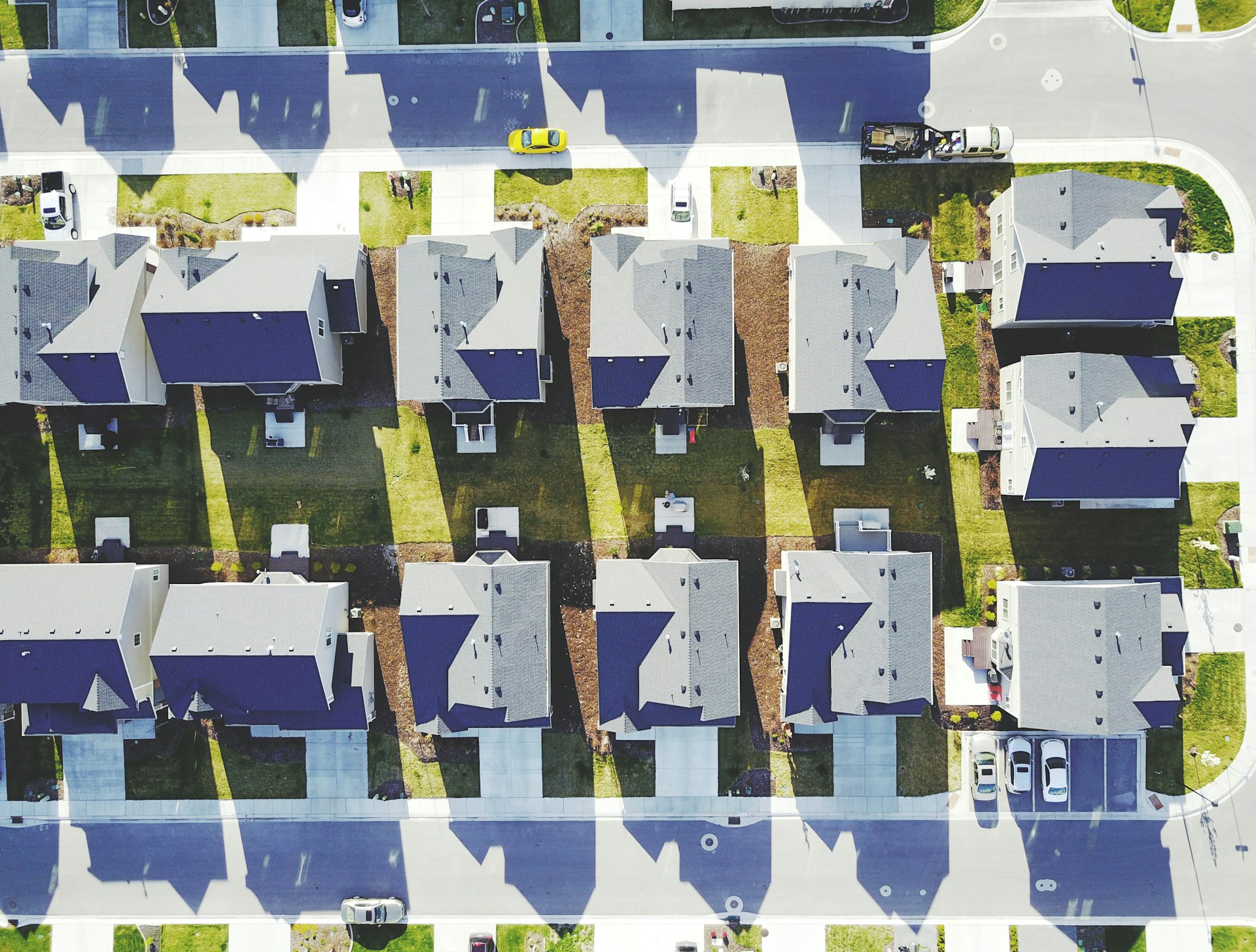What Are the Ethical Considerations in Gentrifying Neighborhoods for Property Development?

As real estate professionals, city planners, and community leaders, it’s pertinent for you to recognize and understand the ethical considerations in the process of gentrifying neighborhoods for property development. Gentrification – a term often used to describe the transformation of neighborhoods from low value to high value – is a contentious urban development strategy that often sparks intense debate. This process can bring about a multitude of changes in the local community, affecting housing, income, and the socio-cultural fabric of the neighborhood. But the question remains: Is gentrification ethical? And if so, how should it be approached?
To answer these questions, we are going to delve deeper into the concept of gentrification. We’ll explore its impact on local residents, understand the role of real estate investment in this process, and highlight the ethical responsibilities of property developers.
Dans le meme genre : What Strategies Can Be Used to Rehabilitate Contaminated Land for Residential Use?
Gentrification and its Impact on Local Residents
At the heart of the gentrification process are the residents of the neighborhoods undergoing change. Gentrification can lead to the displacement of long-term residents due to rising property prices and cost of living. Moreover, the influx of wealthier newcomers often brings changes in local businesses and services, which may further alienate the original inhabitants.
From the perspective of urban development, gentrification can be seen as a necessary step towards revitalizing rundown areas. However, such development must be implemented in a manner that respects the rights and needs of existing residents. Ethical gentrification should aim at creating a harmonious blend of old and new, where the character of the community is preserved, and its residents feel included in the transformation process.
A lire en complément : What Are the Legal Considerations When Converting Commercial Space to Micro-apartments?
The Role of Real Estate Investment in Gentrification
Property developers and real estate investors play a crucial role in gentrification. They are typically responsible for identifying potential areas for gentrification and initiating the redevelopment process. Their work involves acquiring properties, renovating or constructing new buildings, and selling or renting these to higher-income residents.
While property investment can contribute to urban regeneration and economic growth, it’s important to remember its potential negative impacts on local communities. Displacement and community fragmentation are real concerns that arise from property investment-driven gentrification. Ethical investors should strive to create a balance between achieving a return on investment and maintaining the social integrity of the neighborhood.
Ethical Responsibilities of Property Developers
The ethical responsibility of property developers in gentrification cannot be overstated. They are at the forefront of shaping the future of neighborhoods and, by extension, the lives of people who live there. In this context, ethical considerations should encompass more than just legal compliance or profit maximization.
For instance, developers should consider incorporating affordable housing units into their projects to prevent displacement. They could also engage with local residents, seeking their input on proposed developments and working collaboratively to ensure the community’s needs are met.
Beyond tangible developments, the preservation of the cultural heritage of a neighborhood is another key aspect. Developers have a role to play in protecting and promoting local history, traditions, and community bonds.
The Role of City Planners and Policy Makers
City planners and policy makers are other key players in the gentrification process. They have the power to regulate and guide property development, making their role crucial in ensuring ethical gentrification.
Policies should encourage inclusive development that benefits all residents, such as mixed-income housing and protection of tenants from sudden rent increases. Furthermore, city planners can work with communities to create comprehensive development plans that reflect the community’s vision and aspirations.
Gentrification, when done ethically, can bring about positive change and improve living conditions in urban neighborhoods. However, it’s important to acknowledge and address the potential negative impacts and strive for development strategies that are both economically viable and socially responsible.
Balancing Economic Development and Community Wellbeing
To strike a balance between economic development and community wellbeing is a fundamental ethical consideration in gentrifying neighborhoods. As property developers stir up change in low-income areas, it’s essential to remember that these neighborhoods are home to families and individuals with histories tightly woven into the community’s fabric.
Real estate investing, in this context, should step beyond mere profit generation to encompass social responsibility. Developers should be cognizant of the potential disruptions their activities could cause. The increasing property values, although beneficial for the investors and the city’s economic health, could disproportionally affect the long-term, low-income residents.
An approach that prevents displacement and alienation would involve the incorporation of affordable housing in development plans. This approach not only protects existing residents from the shock of sudden rent increases but also promotes socio-economic diversity in the neighborhood.
Moreover, developers should make a concerted effort to engage with the local communities. This includes seeking their input on proposed developments and ensuring that their needs are adequately met. Such a participatory approach promotes a sense of ownership among the residents and contributes to a more harmonious community in the long term.
Conclusion: Ethical Gentrification – A Collective Responsibility
In conclusion, gentrifying neighborhoods for property development is not just a matter of real estate advancement or economic growth. It’s a complex process involving multiple stakeholders, including property developers, city planners, policy makers, and most importantly, the local communities.
The ethical considerations surrounding gentrification extend beyond the confines of property development and management. They touch on the fundamental aspects of social justice, community well-being, cultural preservation, and sustainable urban development.
As such, ethical gentrification should be viewed as a collective responsibility. Property developers, while striving for profitability in their residential real estate ventures, should equally be committed to the preservation of local communities and their cultures.
Similarly, city planners and policy makers should implement policies that protect low-income residents and promote inclusive development. Their role should be to guide estate development in a manner that aligns with the community’s vision, while ensuring that the benefits of gentrification are equitably distributed.
Ultimately, the goal should be to create vibrant, diverse, and inclusive neighborhoods where old and new residents can coexist harmoniously, contributing to the economic, social, and cultural richness of our cities.
